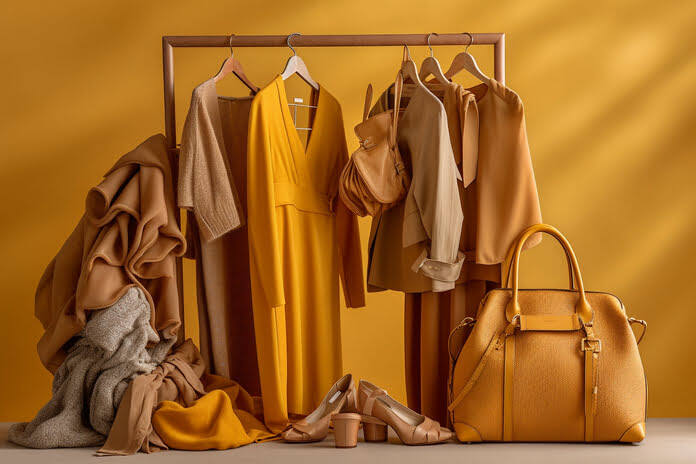LVMH (PA:LVMH) disclosed a modest 3% increase in first-quarter sales on Tuesday, signaling a slowdown attributed to heightened prices that deterred some aspirational luxury shoppers from making significant purchases. This deceleration in quarterly sales growth reflects comparisons with the robust performance witnessed in 2023, particularly in mainland China following the lifting of COVID-19 restrictions, amidst concerns about a protracted global economic slowdown impacting luxury consumption.
As the world’s largest luxury conglomerate, LVMH, boasting brands such as Louis Vuitton, Tiffany & Co., and Bulgari, reported quarterly sales of 20.69 billion euros ($22 billion), in line with analyst projections. However, on a reported basis, sales dipped 2%, primarily due to currency fluctuations.
LVMH’s performance sets the stage for the luxury goods sector, amid mounting apprehensions regarding demand in China, the second-largest economy globally. Notably, Gucci-owner Kering (PRTP.PA) recently issued a surprising warning of a 10% sales decline in the first quarter, particularly in Asia, amplifying uncertainties regarding the sector’s outlook.
LVMH experienced a 6% decline in Asia sales (excluding Japan), with modest growth of 2% in both Europe and the United States. The luxury industry is recalibrating to a more subdued demand environment following a period of robust growth post-pandemic, with Barclays forecasting a slowdown in growth rates to mid-single digits this year, compared to nearly 9% in the previous year.
While Chinese travelers are anticipated to drive growth, concerns linger about the pace of recovery within China itself, marked by declining property prices and elevated youth unemployment, tempering demand for high-end fashion and leather goods.
Despite these challenges, LVMH remains optimistic about Chinese demand, particularly evident in the approximately 10% increase in Louis Vuitton purchases by Chinese consumers globally. Sales within LVMH’s fashion and leather goods division, including brands like Louis Vuitton and Dior, saw a 2% uptick, aligning with expectations.
As a bellwether for the luxury goods industry, LVMH’s performance has been closely scrutinized amidst market volatility, with its shares down 11% over the past year. In contrast, Hermes has outperformed rivals, buoyed by continued demand for its high-end Birkin handbags, with shares witnessing a 16% increase over the year.
Featured Image: Freepik















